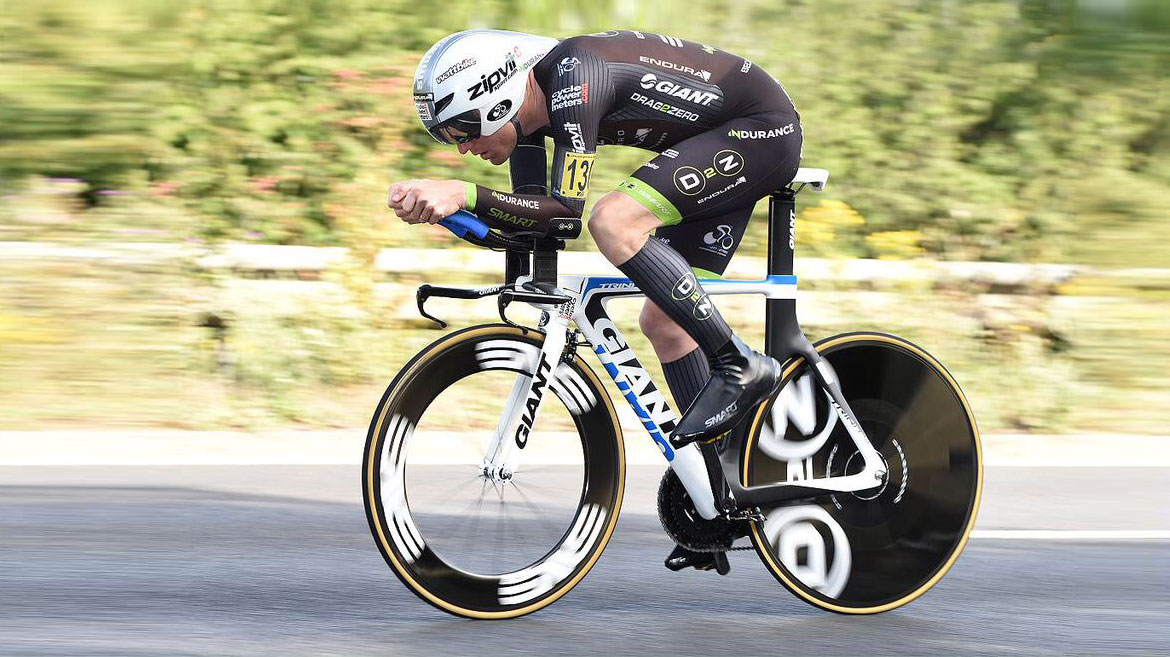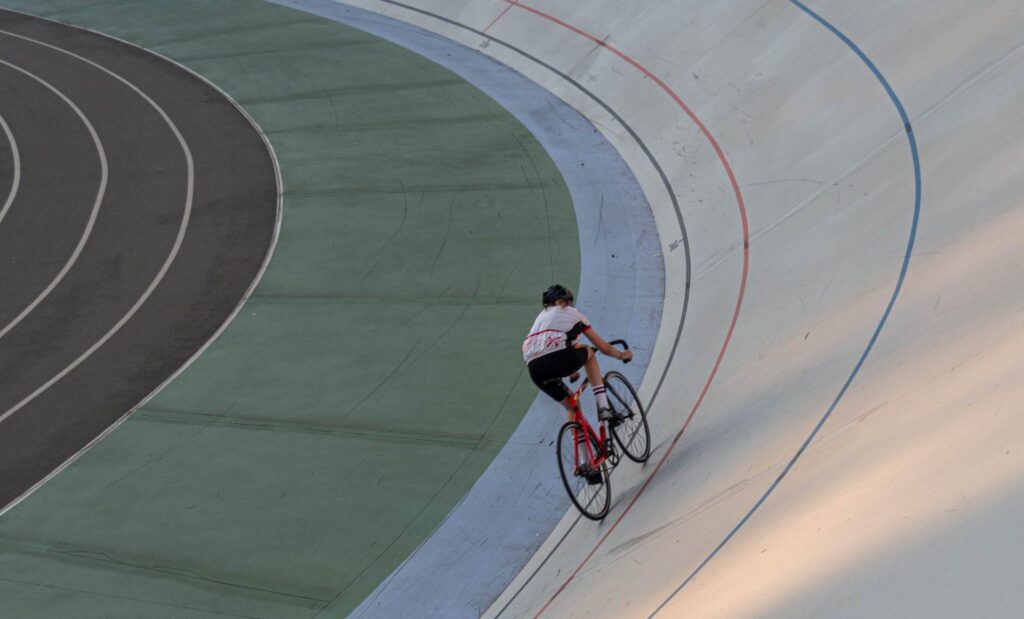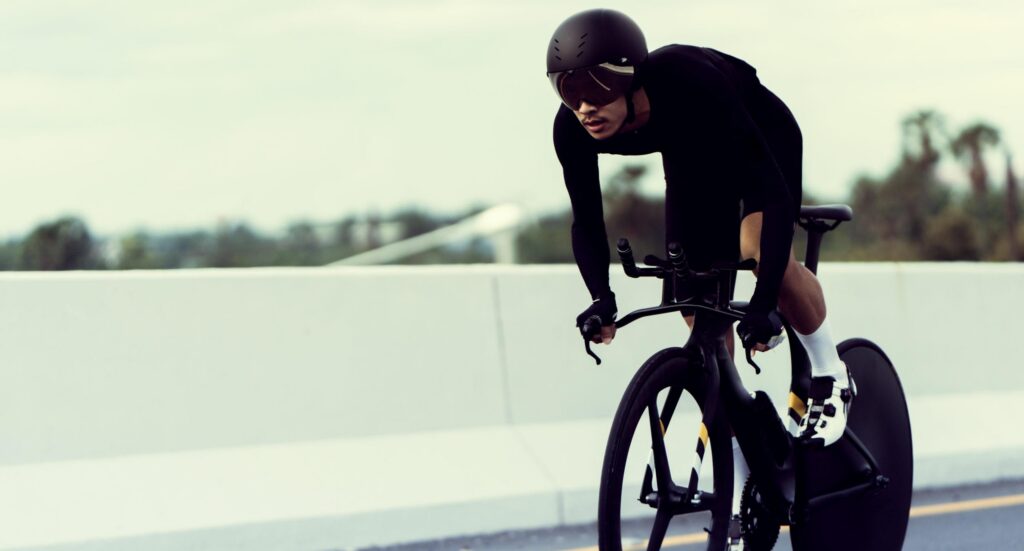Whether you’re aiming for your first sprint triathlon or targeting a long-distance event, a well-structured training plan is essential for success. In this guide, we explore the principles of periodisation in triathlon training, drawing on the expertise of renowned coach Mark Whittle.
About Mark Whittle
Mark Whittle is a highly respected triathlon and ultra-endurance coach based in Cardiff, UK. With a coaching philosophy centred on consistency, progression, and patience, Mark has guided athletes of all levels to achieve their goals. He is a GB Age Group triathlete, having represented Great Britain at European and World Championships in both middle and long-distance triathlon. Mark’s personal achievements include multiple Ironman finishes, ultra-marathon victories, and a passion for helping others unlock their endurance potential. He is the founder of WhittleFit, offering coaching for triathlon, cycling, running, and more.
Favourite quote: “It’s not bragging if you can back it up.” – Muhammad Ali
What Is Periodisation in Triathlon Training?
Periodisation is the process of breaking your training into structured cycles to maximise adaptation and performance. This approach is used by successful athletes across all sports and is especially valuable for endurance events like triathlon. The concept is rooted in Hans Selye’s General Adaptation Syndrome (GAS) theory, which describes how the body responds to stress in three stages: alarm, resistance, and exhaustion. By planning your training in cycles, you can optimise adaptation and avoid burnout.

The Phases of a Periodised Training Plan
A comprehensive triathlon training plan typically includes the following phases:
1. General Preparation
This foundational phase can make up 60–75% of your annual training cycle (macrocycle). The focus is on building a strong aerobic base, improving technique, and developing good training habits. The duration and intensity are tailored to your current fitness, experience, and goals. This is also a time to address any injuries or imbalances and to establish effective communication between athlete and coach.
2. Base Fitness
During the base phase, the aim is to develop sport-specific aerobic fitness. Training is typically lower in intensity but gradually increases in volume and duration. This phase prepares your body for the more demanding sessions to come and should make you feel comfortable, even as your fitness improves.
3. Build Phase
The build phase introduces higher intensity and sport-specific skills. You’ll add speedwork, increase training volume, and focus on drills that enhance your performance in all three triathlon disciplines. This is often the most challenging phase, both physically and mentally, and benefits from strong coaching support and motivation.
4. Peaking
Peaking is a short but crucial phase leading up to your key race. Training is designed to raise your anaerobic threshold, sharpen race-specific skills, and fine-tune nutrition and recovery strategies. Tapering, sleep, and hydration become priorities to ensure you arrive at the start line in peak condition.
5. The Race
Your target event is considered a phase in itself. All the previous training leads to this moment, where you put your preparation into action.
6. Recovery Phase
After the race, recovery is essential. The specifics depend on the race distance, intensity, and your individual response. This phase allows your body and mind to recuperate before moving on to new goals.
7. Transition Phase
The transition phase is often overlooked but is vital for long-term success. It’s a period to rest, reflect, and restore balance in life outside of sport. A well-managed transition helps prevent post-race blues and sets the stage for your next training cycle.
Key Factors in Designing Your Training Plan
- Your goal race or event
- Current athletic potential and background
- Experience in similar events or structured training
- Injury history and other personal considerations
- Calendar planning, including secondary races and time off
By considering these factors, you can create a periodised plan that is realistic, sustainable, and tailored to your needs.
Related Reading
For more on building your fitness and structuring your training, see How to Rebuild Cycling Fitness, Fast and Three Great One-Hour Triathlon Workouts.
Triathlon travel insurance covers you for medical emergencies, trip cancellations, and travel disruption when racing or training abroad. For protection against theft and accidental damage to your bike, consider bicycle insurance or home insurance for cyclists.
Always check your policy details to understand what’s included and excluded.
FAQs: Triathlon Training Periodisation
What is periodisation and why is it important for triathletes?
Periodisation is the structured division of training into cycles to optimize adaptation and performance. It helps triathletes avoid overtraining, target peak performance for key races, and ensure balanced development across all disciplines.
How long should each phase of a periodised plan last?
The duration of each phase depends on your goals, experience, and race calendar. General preparation and base phases often make up 60–75% of the annual plan, while build, peaking, and recovery phases are shorter and more focused.
Can beginners use periodisation in their training?
Yes, periodisation benefits athletes of all levels. Beginners should focus on building a strong aerobic base and gradually increasing training load, while more experienced athletes can incorporate advanced techniques and higher intensity.
What should I do during the transition phase?
The transition phase is a time to rest, recover, and reflect after a race. It’s important to restore balance, address any injuries, and plan for future goals before starting a new training cycle.
How do I adjust my plan if I get injured or miss training?
If you experience injury or setbacks, adjust your plan by reducing intensity, focusing on recovery, and seeking professional advice. Flexibility is key to long-term progress and health.




